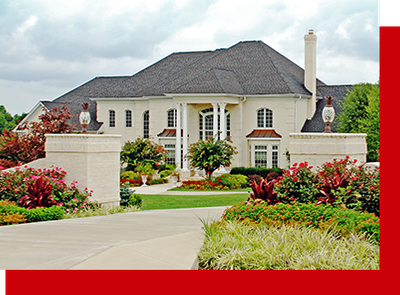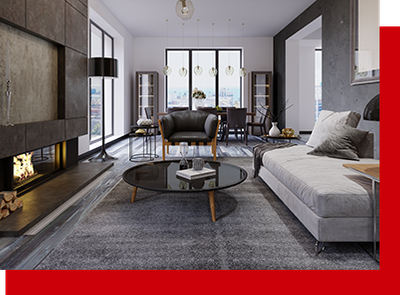FAQS
Frequently Asked Questions
FAQs



How can we learn more about Houston Plans and Permits before committing ourselves to a contract?
All prospective clients are encouraged to set up a free consultation. We would be more then happy to answer any questions you have and to provide you with further information about us. We can show you past projects and talk to you about what to expect during and after the Design process.
What should I bring or how should I prepare for my initial consultation?
Please come prepared to discuss your budget goals, needs and site requirements. Gather design ideas from home design magazines and other sources. Have a written list of rooms, function of each space and what it should be near. All of these will be essential in determining what kind of project is structurally and financially feasible.
If you provide just the drawings can I save some money if I process the permit myself?
Yes, the amount saved varies by the project.
Do you work on commercial projects?
Unfortunately, we do not work on commercial projects. We specialize in residential only.
How long does it take to do the drawings and get the permit?
Depends upon scope of work and which City the building is in. We have designed and delivered the permit for a single story addition in the City of Houston in 45 hours! Please email us for a free estimate.
What is a NO Plans Permit "Repair permit"?
You can get a permit without plans for repairs in kind and plumbing and electrical replacement in kind. Some cities expand the scope of work on this so you may save a lot of money if this kind of permit works for your project.
What is the first thing to do in this process?
After determining your budget, check on the zoning requirements yourself or hire someone to check. Never spend any money on the project until zoning questions are satisfied and you are aware of ALL the fees required by the Building Department.
Can we get the drawings and a permit before hiring a contractor?
Yes, and we recommend this because it gives the homeowner more influence and control throughout the design and bidding process.You choose the contractor and the price that is right for you.
You guys seem to know a little about building, will you bid and build our project?
No. We are not in the construction business we specialize in the drawings and permits,our primary mission is to provide high quality drawings, however, we can refer fully licensed and insured contractors that we think provide the quality and integrity our customers deserve.
What about the Engineering?
Building Code requires structural calculations be performed by a Licensed Engineer. If the project requires calculations, we hire seasoned Engineers do that part of the project for us.
What is a Building Designer?
A building designer is first and foremost a professional familiar with all facets of the building trade, whose plans and designs represent the particular needs, style and budget of the client. Our approach to any problem is based on practical, functional and economical solutions that will best fulfill the client’s requirements, while translating these factors into a concept that is both aesthetic and utilitarian. A building designer is not a licensed architect or engineer.
What is the AIBD?
The American Institute of Building Design (AIBD) is a nationally recognized association with design associate and affiliate members in 47 states, Canada, Europe, Asia and Australia. Since 1950, The AIBD has provided its members with educational resources and developed nationwide design standards for the building design profession. Its chartered societies are active in their respective legislative arenas and work to promote public awareness of the building design profession and emphasize the role we fill as a valuable resource for residential design services.
What will I end up with when I finish the design process with HPP?
Our custom home process is a turn key job. You will end up with a set of construction drawings and specifications that is custom to all of your design wants and needs. We work with a structural engineer to finalize all the area requirements for details to assure you that you have a plan ready to build and permit.
HELPFUL BUILDING TERMS
Bow
A curved projection formed by at least five windows joined at obtuse angles.
Dental
One of a series of small projecting rectangular blocks forming a molding under an overhang, most common in Colonial Style homes.
Footprint
The outline of a home’s foundation – used for site planning.
Gable Roof
A roof consisting of two rectangular planes sloping up to a ridge.
Keystone
A wedge shaped detail at the top of an arch.
Porte cochere
A covered drive-thru structure that extends from the side of a home.
Transom Window
A narrow window above another window or door.
Vaulted Ceiling
A ceiling that slopes up to a peak. Like an upside down V.
Clerestory
An outside wall of a room or building that rises above an adjoining roof and contains windows.
Dormer
A structure projecting from a roof, containing a window (looks like a small dog house)
Gable
The vertical triangular end of a building from the eaves to the ridge.
Hip Roof
A roof with sloping ends and sides that meet at a ridge.
Lanai
A patio or Veranda
Quoin
A large square or rectangular stone set into the corner of a masonry building.
Tray Ceiling
A recessed ceiling – sometimes with the sides sloped at an angle.
